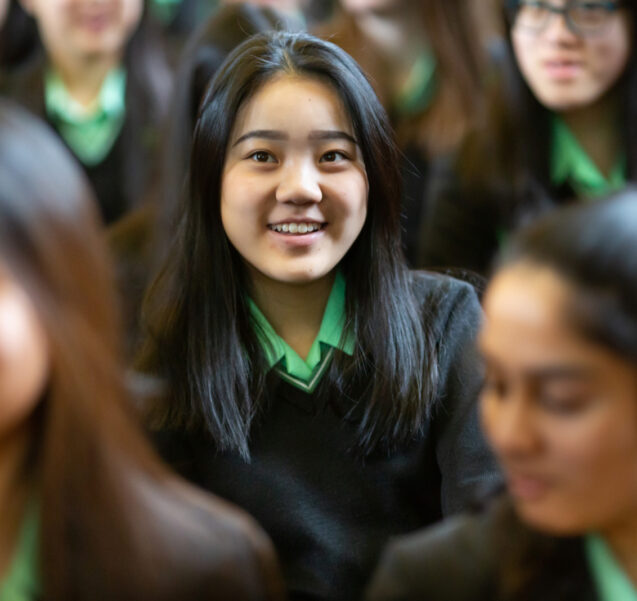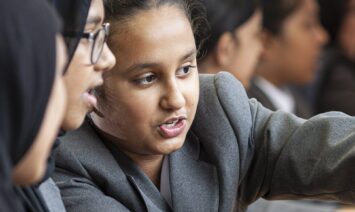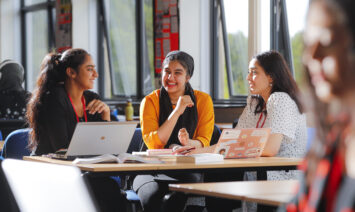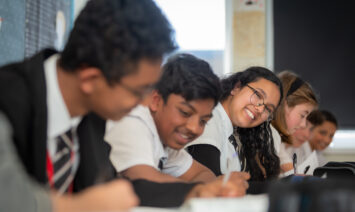The Independent Schools
The King Edward VI Foundation operates two leading independent schools:
- King Edward’s School
- King Edward VI High School for Girls
Both schools are academically selective and are among the highest achieving schools in the country. They share a 50-acre campus in Edgbaston, opposite the University of Birmingham, and draw their students from a wide range of schools across Birmingham and the wider West Midlands.
Each school runs its own admissions process and organises its own entrance exam, which is written and marked by its teachers. These exams are different from the entrance tests that children sit for our grammar schools, and they must be registered separately.
Accessibility is at the heart of both schools’ purpose and Assisted Places (means-tested bursaries for students who perform particularly well in the entrance exam) are available at both schools in Year 7. The proportion of students who benefit from the bursary programme is greater than the UK average at both KES and KEHS. Non-means-tested Academic Scholarships (for the most able students) and Music Scholarships (for talented musicians who also perform well in the entrance exam) are also available at Year 7 entry.
The registration window for the KES and KEHS Year 7 entrance exams is open from around Easter when pupils are in Year 5 to early September when pupils are in Year 6. A non-refundable registration fee of £50 is required unless proof of receipt of Universal Credit, Income Support or Job Seeker’s Allowance is provided. Pupils sit their entrance exams in early October of Year 6, and offers of places are made in December. Places must be accepted by the following March – the exact date is published by the schools.
Neither school encourages intensive coaching or tutoring in preparation for the entrance exam. The schools are looking for pupils with potential.
King Edward’s School
Around 125 boys join KES in Year 7. The entrance exam consists of three papers: in maths, English and verbal reasoning.
The English paper has a comprehension piece and the opportunity for continuous writing. Among the skills or potential being assessed are the ability to answer questions by selecting information from a passage, to “read between the lines” recognising that a passage can imply something and to express an opinion on paper and offer some evidence to support it.
The maths paper is in two sections, starting at quite an elementary level and becoming progressively more complex. The only factual knowledge assumed will be that of the basic arithmetical operations of addition, subtraction, multiplication and division, based on the National Curriculum, and the school is looking to see how these operations are applied to solve particular problems. Some questions are multiple choice and some have to be worked out, with marks for showing the working-out process.
The Verbal Reasoning test will be similar to the nationally recognised and commercially available tests leading to an age-adjusted score.
Following the exam, some (but not all) candidates will be called for interview. Based on their performance in the exam, candidates being considered for Assisted Places or Scholarships, and some other candidates, will be called for interview. Potential Music Scholars will also have to complete an audition. KES requests reports from candidates’ primary schools as part of the application process.

King Edward VI High School for Girls
Around 96 girls join Year 7 at KEHS. The entrance exam consists of one English paper and one maths paper.
The English paper is designed to test reading and writing skills and to explore a candidate’s potential. In previous years, poems, pictures and passages of prose have appeared on the papers. Tasks have included comprehension questions, creative writing and an opportunity to respond personally to stimulus material.
The maths paper consists of a series of questions of varying lengths, designed to test the candidate’s ability to use and apply the straightforward processes of arithmetic. Some questions are deliberately designed to test responses to a simple but unfamiliar mathematical idea for which no previous knowledge is required. It is important that candidates show their working clearly; they should not assume that it is only the answer which is of interest to the examiner, and credit can be given for the working shown even if the answer is incorrect.
Following the exam, some (but not all) candidates will be called for interview. Based on their performance in the exam, candidates being considered for Assisted Places or Scholarships, and some other candidates, will be called for interview. Potential Music Scholars will also have to complete an audition. KEHS requests reports from candidates’ primary schools as part of the application process.
